Ashwini Vaishnaw Must Resign Immediately as Indian Railways Minister: Learning from History’s Lessons
In the wake of numerous tragic train accidents that have plagued India from 2023 to 2024, calls for accountability grow louder. Comparisons have been drawn to the past, notably to the resignation of Late Lal Bahadur Shastri following the devastating 1956 Mahbubnagar and Ariyalur train accidents, which claimed hundreds of lives due to bridge collapses caused by heavy rains.
The recent derailment of the Chandigarh-Dibrugarh Express in Uttar Pradesh, resulting in fatalities and injuries, underscores the urgent need for decisive action. Immediate rescue efforts were initiated, but the incident has left a scar on the nation’s conscience. With nearly 25 significant accidents under his tenure as Indian Railway Minister, Ashwini Vaishnaw faces mounting criticism for what many perceive as a failure to safeguard the lives of passengers.
The litany of incidents, from the Suryanagri Express derailment to the Kanchanjunga Express collision in West Bengal, paints a grim picture. Lives were lost, families were shattered, and railway services were disrupted. Each incident highlights systemic vulnerabilities and the urgent need for improved safety measures and infrastructure.
The compensation announced for victims’ families, and the deployment of relief efforts are commendable but fall short of addressing the root cause—ensuring that such tragedies never recur.
As the nation mourns, the demand for accountability resonates louder than ever. The legacy of Lal Bahadur Shastri’s resignation is a reminder that leaders must bear responsibility for the failures under their watch. Ashwini Vaishnaw must heed this call—learn from history, take responsibility, and resign. The lives of millions of passengers who traverse India’s railways daily depend on it.
From January 2023 to June 2024, India’s railway network has witnessed many harrowing incidents, each underscoring the critical need for immediate reforms and heightened safety protocols. These tragedies, from derailments to collisions and fires, have left a trail of devastation and raised serious questions about the integrity of our railway infrastructure.
The derailment of the Suryanagri Express, the fire aboard the Lucknow-Rameshwaram Bharat Gaurav train, and the collision involving the Visakhapatnam-Rayagada passenger train are just a few examples that have shaken the nation. Lives lost, families shattered, and communities left in anguish—these incidents paint a distressing picture of negligence and unaddressed risks.
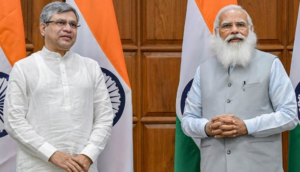
While some accidents resulted in no injuries, others, like the collision of the Coromandel Express in Odisha, have caused catastrophic casualties, with over 1,200 injured and nearly 300 lives lost. The bridge collapse near Aizawl, claiming the lives of 26 workers, stands as a grim reminder of the deadly consequences of infrastructure failures.
Despite these tragedies, the BJP-led NDA government has refrained from holding Vaishnaw accountable, raising questions about priorities. Is political allegiance valued over the safety of Indian citizens? Is this the precedent Prime Minister Narendra Modi wishes to set?
As citizens demand justice and transparency, the government must prioritize comprehensive reforms to modernize railway infrastructure, enhance safety protocols, and enforce stringent accountability measures. The time for rhetoric has passed; what India needs now are concrete steps to prevent future tragedies and restore faith in our railways.
The ongoing challenges within India’s railway system cannot be ignored or downplayed. They demand a united effort from policymakers, railway authorities, and citizens alike to ensure that every journey on Indian railways is safe and secure. Anything less would be a disservice to the memory of those who lost their lives and to the millions who continue to depend on our railways every day.


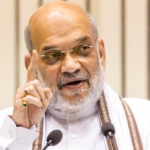
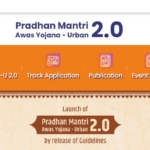



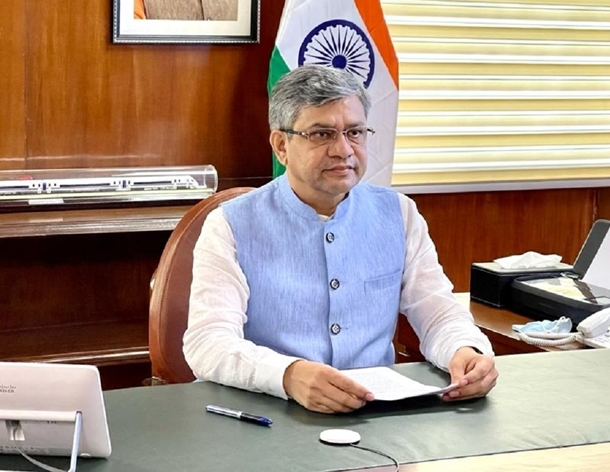
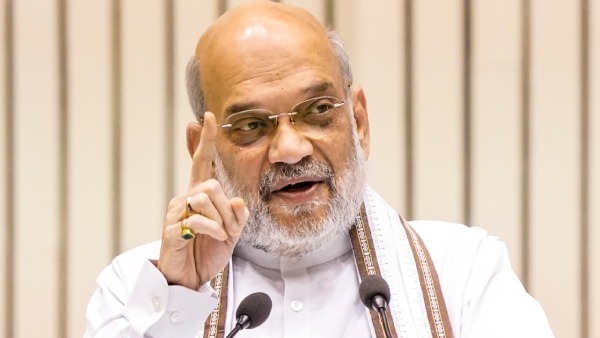



One thought on “Ashwini Vaishnaw Must Resign Immediately as Indian Railways Minister: Learning from History’s Lessons”